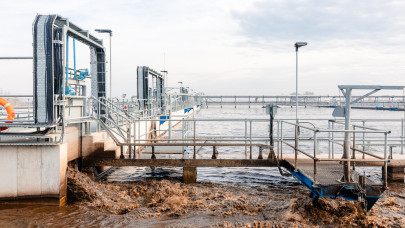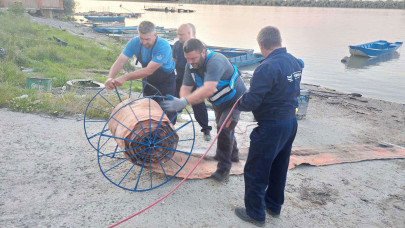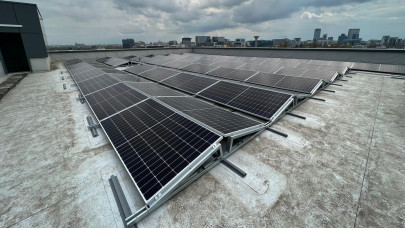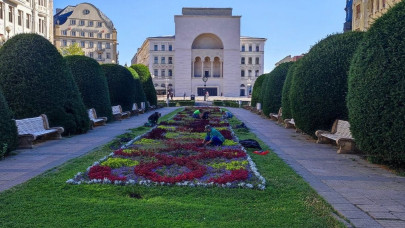The treatment plant, sized for 14,433 equivalent inhabitants, aims to treat domestic and technological wastewater, originating from the activity within the "Henri Coandă" International Airport, and discharge it into the Valea Pasărea emissary.
"Through the construction of this treatment plant, both the complete elimination of the danger of accidental pollution of the Valea Pasarea emissary and the recycling and reuse of an important amount of glycol is achieved," CNAB says.
The criteria for awarding the tender are the best quality/price ratio (60%), the operating cost (30%), and specified requirements regarding the staff involved (treatment plant technologist engineer - 5%, respectively site work coordinator - 5%) The treatment plant is sized for a capacity of 200 m3/h, with the possibility of expansion in the future.
The proposed treatment scheme corresponds to the characteristic flows of wastewater and the concentrations of the indicators considered for them, and specifically aims at the retention of glycol-based substances, the elimination of biodegradable organic substances, and the elimination of nitrogen and phosphorus compounds. The entire process of dehydrating, drying and bagging will be fully automated and will not require permanent operator supervision.
CNAB manages the capital's two airports, Bucharest Băneasa Aurel Vlaicu International Airport and Henri Coandă Otopeni International Airport.














